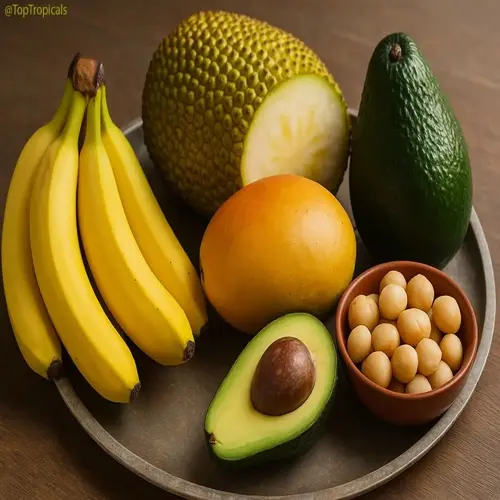Do cooking methods affect nutrient benefits?

Written by
Chen Jialiang
Reviewed by
Prof. Graham Pierce, Ph.D.Your methods of cooking dictate what brain-feeding nutrients make it to your plate. Gently applied methods will preserve up to 90% of important nutrients, while extreme heat destroys vitamins. Steamed broccoli retains its sulforaphane and other nutrients intact. Still, boiled broccoli loses all the water-soluble B and C vitamins. I recommend that clients eat steamed or barbecued vegetables daily to protect these easily destroyed nutrients.
Heat-Sensitive Nutrients
- Vitamin C degrades above 70°C (158°F)
- B vitamins dissolve in boiling water
- Enzymes break down at 40-50°C (104-122°F)
Bioavailability Boosters
- Lycopene increases 35% when tomatoes cook at 150°C (300°F)
- Steaming enhances sulforaphane absorption
- Oil improves fat-soluble vitamin uptake
Nutrients require varying temperatures for cooking. For example, vitamin C is destroyed rapidly when cooked at temperatures above 70 degrees Celsius, whereas the activity of lycopene in tomatoes is increased when roasted at moderate temperatures. Always combine tomatoes with olive oil to ensure that their antioxidant properties are thoroughly absorbed. Green beans should be blanched for only 60 seconds and then cooled immediately in ice water to prevent nutrient loss.
Implement strategic combinations of cooking styles into meals. Steam tender greens, then finish them off with a quick sauté in olive oil. Roast carrots to bring out their sweetness while preserving the carotene. Boil potatoes in as little water as possible to retain more vitamins. I teach clients to save the boiling water rich in vitamins for soups or sauces.
The tools and implements in your kitchen have a direct bearing on your results. Use steamers with lids that fit well to hold the heat. Use heavy-bottomed pans to distribute the heat evenly over a wider area. Use infrared thermometers to check temperatures. These small investments help conserve the valuable nutrients in food substances that support intelligence and emotional balance daily.
Read the full article: Nutrition for Mental Health: Essential Guide

